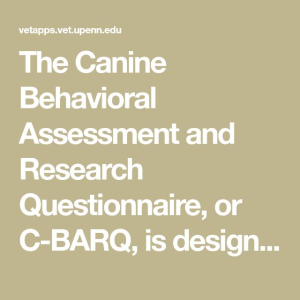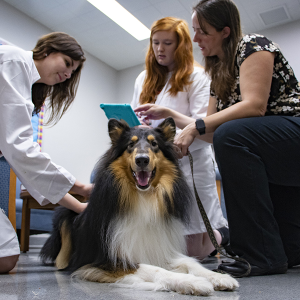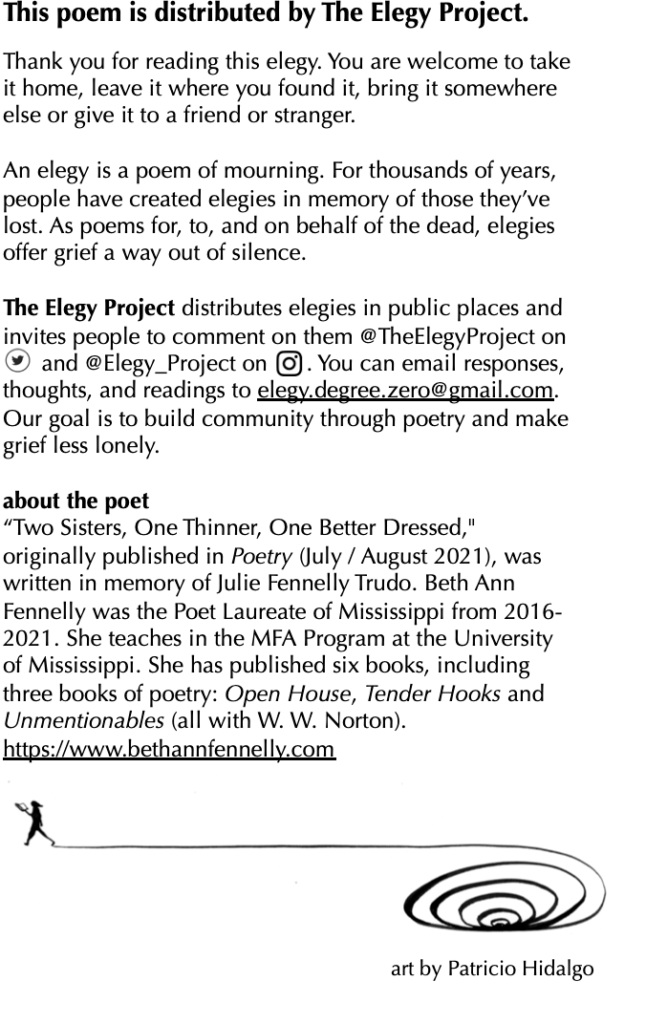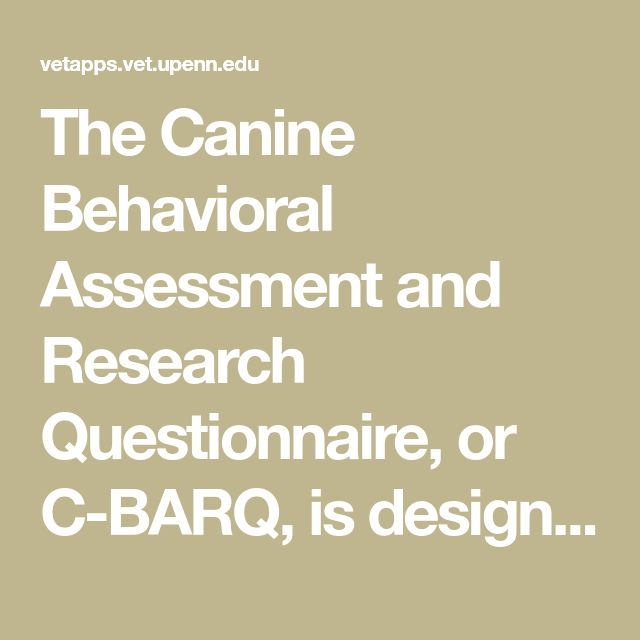The Elegy Project is a transformative initiative that invites individuals to explore the profound themes of loss and mourning through poetry. This innovative project, developed in partnership with Harvard’s Woodberry Poetry Room, provides a platform for community poetry and creative expression, connecting participants through their shared experiences of grief and resilience. On a recent Tuesday afternoon, participants gathered for poetry workshops, crafting elegies that reflect their personal narratives while fostering a sense of belonging amidst the isolating effects of the pandemic. Elegy, as a poetic form, transcends traditional boundaries, allowing writers to articulate their sorrow and honor the memories of those they have lost. Through collective storytelling and community engagement, the Elegy Project aims to diminish the loneliness often associated with grief, demonstrating the healing power of poetry and its ability to unite us in our shared humanity.
The Elegy Project serves as a vital expression of human emotion, particularly focusing on themes of remembrance and sorrow. By facilitating poetry workshops that encourage individuals to articulate their feelings about loss, the initiative cultivates a rich community of voices. Participants from diverse backgrounds—including poets and non-poets alike—convene to share their experiences and create poignant literary works that resonate deeply with their personal realities. This collaborative approach not only enriches the poetry landscape but also emphasizes the importance of communal support in navigating the complexities of mourning. In essence, the Elegy Project embodies the spirit of connection and healing through the arts, making poetry accessible to all.
The Importance of Community Poetry Workshops
Community poetry workshops serve as a vital platform for individuals to explore their creative voice, particularly in times of shared hardship. By uniting people from various backgrounds and experiences, these workshops foster connection and understanding through the art of poetry. Participants often step out of their usual routines and engage with poetry as a collective practice, allowing them to express emotions that might otherwise remain unspoken. As they dive into writing and reading, participants create a tapestry of shared experiences, reflecting the diverse human condition.
Moreover, community poetry workshops, such as those conducted by the Elegy Project, become safe havens for participants to process their emotions. By offering structured activities and prompts, workshop leaders guide individuals in articulating their grief, loss, and hope. These shared poetic endeavors can bridge gaps in understanding and create a nurturing environment where everyone’s voice is valued, making poetry accessible to all, not just seasoned poets.
Exploring Elegy in Contemporary Poetry
Elegy, a poetic form rooted in mourning, finds new significance in contemporary discussions about grief and loss. During the pandemic, many individuals experienced profound loneliness, prompting poets and workshop facilitators to explore the power of elegy as a means of articulating sorrow. The Elegy Project, for instance, delves into this genre’s complexities, inviting participants to confront their feelings within a supportive framework. This exploration not only honors those we’ve lost but also extends an understanding to those still grappling with their grief.
Incorporating elegy into community poetry workshops allows participants to engage with their own narratives of loss while connecting with the broader context of human emotion. The discussions facilitated by the Elegy Project highlight how poetry serves as a vessel for healing and reflection. As poets experiment with different forms of elegy, they enrich the collective experience of grief, providing a nuanced space where individuals can convey their longing, memory, and ultimately, resilience.
The Elegy Project: A Haven for Poets
The Elegy Project represents a remarkable initiative that transcends traditional poetic spaces by actively engaging community members in the process of writing and reflecting on elegy. Founded by Karen Elizabeth Bishop and David Sherman, this project seeks to democratize poetry through spontaneous and accessible workshops. Participants are encouraged to experiment with their poetic voices, often drawing inspiration from the rich collection available at the Harvard Woodberry Poetry Room, thereby connecting literature back to personal experiences.
By placing poem cards in public locations, the Elegy Project goes beyond the workshop setting, allowing poetry to permeate everyday life. This liberating approach encourages individuals to encounter poetry in unexpected and meaningful ways, fostering a sense of belonging within the literary community. Participants not only create but also share their work, leading to a collective exploration of grief and connection that is particularly resonant in today’s disorienting world.
Grief and Elegy: A Collective Experience
Grief is an inherent part of the human experience, and elegy provides a poetic framework for understanding and expressing this complex emotion. In workshops like the Elegy Project, participants come together to confront their losses and collaboratively navigate the landscape of sorrow. These engagements prompt heartfelt conversations about mortality, memory, and hope, transforming personal grief into a shared dialogue that fosters empathy and understanding among participants.
Exploring elegy not only serves as a personal outlet but also as communal healing. As poets articulate their feelings of loss, they create a rich tapestry of voices, each contributing to a collective narrative. The support offered in these workshops encourages individuals to connect with their experiences while highlighting the universality of grief. Through elegy, participants discover not only their voice but the resonance of their emotions within a community that understands the weight of loss.
The Role of the Woodberry Poetry Room in Facilitating Community Engagement
The Woodberry Poetry Room at Harvard plays a pivotal role as a nurturing space for community poetry initiatives like the Elegy Project. This intimate environment not only houses an extensive collection of poetry but also serves as a gathering place for individuals seeking to explore their creativity. By hosting workshops connected to themes of grief and loss, the Poetry Room invites participants to delve into the depths of their emotions, supported by the rich resources at their disposal.
Furthermore, the Poetry Room’s emphasis on accessibility ensures that poetry is not confined to academia but reaches individuals from all walks of life. Through funding initiatives like the Community Megaphone grant, the Poetry Room champions projects that engage the local community and foster creative expression. By embracing the notion that poetry belongs to everyone, the Woodberry Poetry Room establishes itself as a vital hub for cultivating the poetic spirit within society.
Creative Processing of Loss Through Poetry
The act of writing poetry allows individuals to process their experiences of loss in a powerful and transformative way. In workshops led by experienced poets, participants learn to articulate their grief through written words, turning abstract feelings into tangible forms of expression. The Elegy Project, in particular, emphasizes the importance of finding one’s voice amid heartbreak, encouraging participants to harness their experiences and create poems that resonate deeply with their own journeys.
The creative processing of loss through poetry not only benefits the individual writer but can also touch the hearts of those who read the work. By sharing their elegies, participants contribute to a broader understanding of grief and healing, fostering empathy and connection among audiences. This communal engagement reinforces the belief that poetry serves a vital function, providing solace and understanding in times of sorrow.
Inspiring Future Generations of Poets
Programs like the Elegy Project inspire future generations of poets by demonstrating that poetry can be a tool for healing and connection. By engaging younger audiences and individuals new to poetry, these workshops encourage the exploration of poetic forms and themes relevant to their lives. The accessibility of the Elegy Project’s approach, characterized by spontaneity and community involvement, motivates emerging poets to embrace their creativity without fear of judgment.
As more individuals participate in these workshops, the potential for cultivating a vibrant community of writers grows. The shared experiences of grief and the exploration of elegy equip participants with the skills to express their emotions artistically. Ultimately, this nurturing environment will lead to stronger connections, allowing poetry to thrive as an essential part of human expression for generations to come.
The Healing Power of Poetry
Poetry holds an intrinsic healing power, particularly for those grappling with grief. The Elegy Project illustrates how engaging with poetry can help individuals navigate the difficult terrains of loss and sorrow. By crafting elegies, participants can articulate their pain while simultaneously forging connections with others who share similar experiences. This cathartic process not only fosters personal healing but also cultivates a sense of belonging within the poetic community.
Engaging with poetry can be a profound way to validate and express emotions that often feel overwhelming. Workshops like the ones offered by the Elegy Project highlight the therapeutic potential of poetry, encouraging individuals to channel their feelings into creative outlets. As participants learn to weave their narratives into verse, they discover the transformative power of poetic expression, enabling them to embrace their grief as part of their journey toward healing.
Elevating Poetic Engagement Through Workshops
Workshops focused on poetry engagement, particularly those integrating themes like elegy, elevate the experience of creating and interacting with poetry. By providing prompts and structured activities, facilitators enable participants to push beyond their comfort zones, exploring new themes and styles. The collaborative nature of these workshops encourages dialogue and feedback, enriching the overall poetic experience for each individual involved.
The Elegy Project’s workshops serve as a testament to the potential for creative growth and artistic exploration within a supportive community. Participants leave these sessions feeling empowered, equipped with new tools to express their emotions and ideas through poetry. This dynamic engagement not only nurtures individual poets but also cultivates a vibrant poetic community that continues to thrive.
Frequently Asked Questions
What is the Elegy Project at Harvard’s Woodberry Poetry Room?
The Elegy Project is a public poetry initiative aimed at addressing themes of grief and loss through community poetry workshops. Founded by Karen Elizabeth Bishop and David Sherman, it encourages participants to explore elegies—poems that honor and lament the dead—by engaging in collaborative writing in a supportive environment.
How do poetry workshops in the Elegy Project help with grief?
The Elegy Project’s poetry workshops provide a space for individuals to express their feelings of grief and loss through the creation of elegies. By fostering community and connection, these workshops aim to lessen the sense of loneliness associated with mourning, allowing participants to share their experiences and emotions in a poetic format.
What types of activities are involved in the Elegy Project workshops?
Activities in the Elegy Project workshops include writing and sharing personal elegies, exploring poetry prompts, and engaging in discussions about poetry and loss. Participants utilize the Poetry Room’s collection for inspiration, creating dynamic conversations around their written work.
Who can participate in the Elegy Project workshops?
The Elegy Project welcomes anyone interested in exploring poetry and the themes of loss, regardless of their background in poetry. Workshops are open to participants from various fields, including those who may use poetry privately or wish to expand their creative expression in a supportive community setting.
How does the Elegy Project make poetry accessible to the community?
The Elegy Project enhances accessibility to poetry by conducting free workshops and distributing poem cards in public spaces. These efforts encourage community involvement and help demystify poetry, making it a resource for everyone, not just published authors.
What inspired the creation of the Elegy Project?
The Elegy Project was inspired by the isolation and grief experienced during the pandemic. Founders Karen Elizabeth Bishop and David Sherman sought to create a platform for individuals to connect, express mourning through poetry, and find solace in shared experiences.
What is the significance of elegy in poetry according to the Elegy Project?
Elegy is viewed as a primal poetic impulse that embodies humanity’s need to mourn, praise, and console. The Elegy Project emphasizes that poetry serves as a therapeutic medium to navigate loss, enriching our capacity to experience and articulate deep emotional truths.
Can you provide examples of how poets contribute to the Elegy Project?
Poets participating in the Elegy Project, such as Peter Gizzi, engage in readings and collaborate on workshops that focus on crafting elegies. These events highlight the interplay between personal grief and collective expression, allowing poets to share their work while inspiring others to create.
What impact has the Elegy Project had on the community since its inception?
Since its launch, the Elegy Project has fostered a creative community centered around poetry and loss, facilitating connections among participants and providing a platform for exploring profound emotions. It has enriched the cultural landscape of the Boston area by encouraging public engagement with poetry.
| Key Points |
|---|
| The Elegy Project focuses on creating connections through poetry to address themes of grief and loneliness exacerbated by the pandemic. |
| The project was initiated by poets Karen Elizabeth Bishop and David Sherman, aiming to make grief feel less isolating. |
| Workshops held at Harvard’s Woodberry Poetry Room encourage participants from various backgrounds to write their own elegies. |
| Elegy as a poetic form allows individuals to express loss, praise, and consolation, making it a universal human experience. |
| Participants use collection materials and prompts from the Poetry Room to inspire their writing, fostering community interactions. |
| The initiative has received grants to fund community-based poetry projects, ensuring accessibility for all. |
Summary
The Elegy Project shines a light on the power of poetry to connect individuals in their shared experiences of grief and reflection. By offering workshops that invite community members to explore elegiac writing, the project seeks to bridge the gap of loneliness that the pandemic has intensified. Through this initiative, poets and non-poets alike are empowered to uncover and express deep emotions, fostering a sense of belonging and understanding in the collective journey of mourning.









